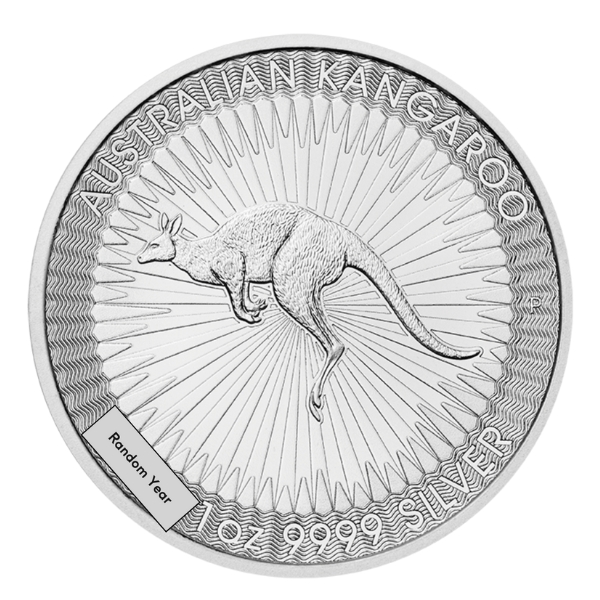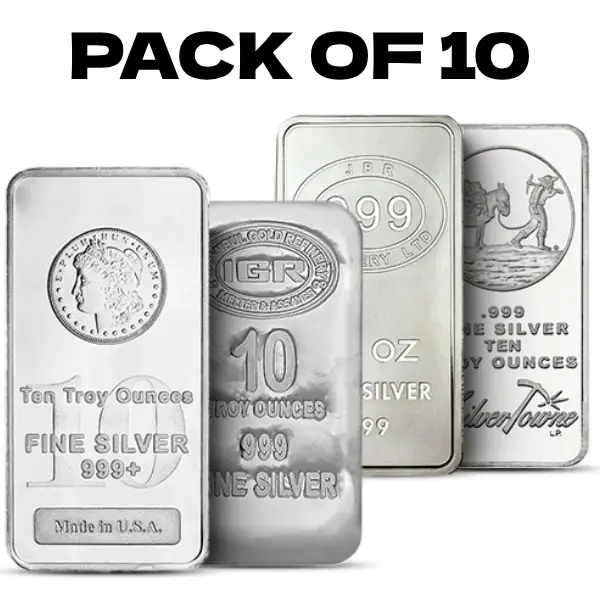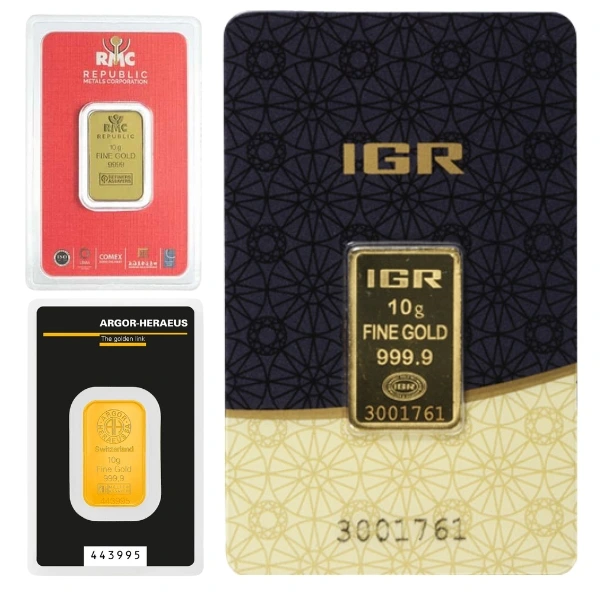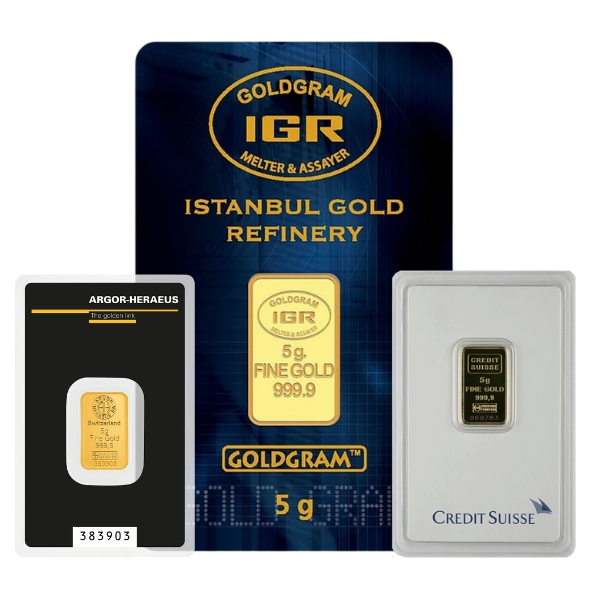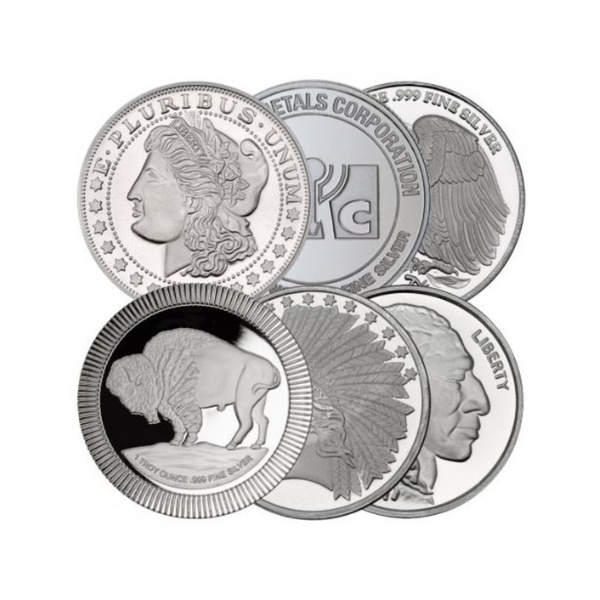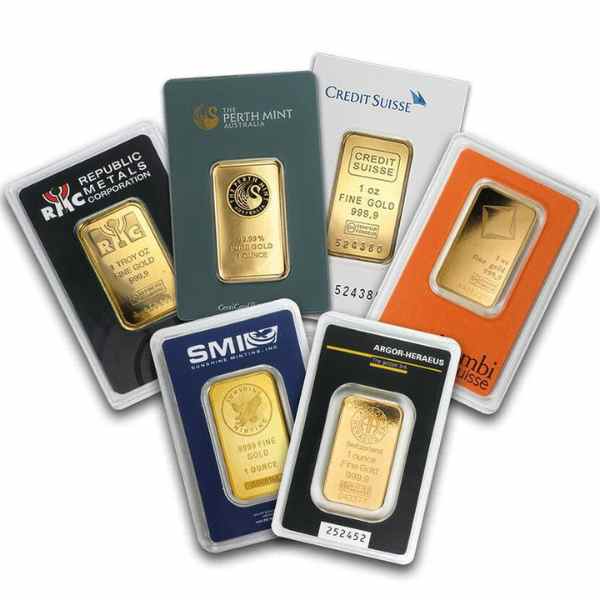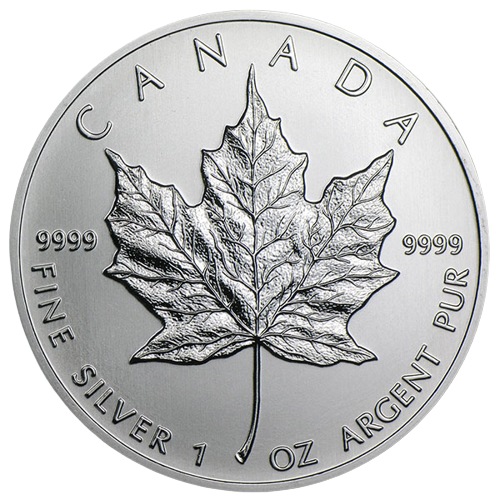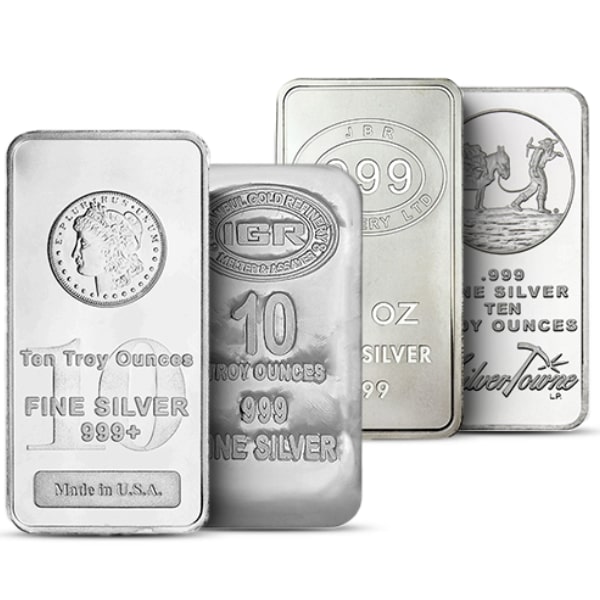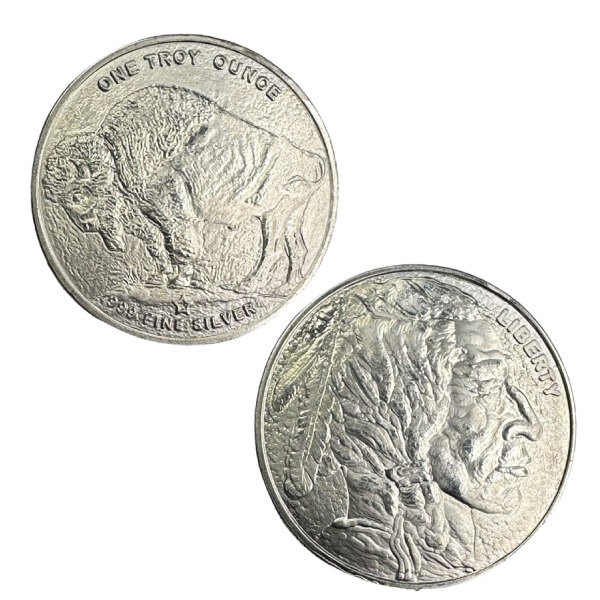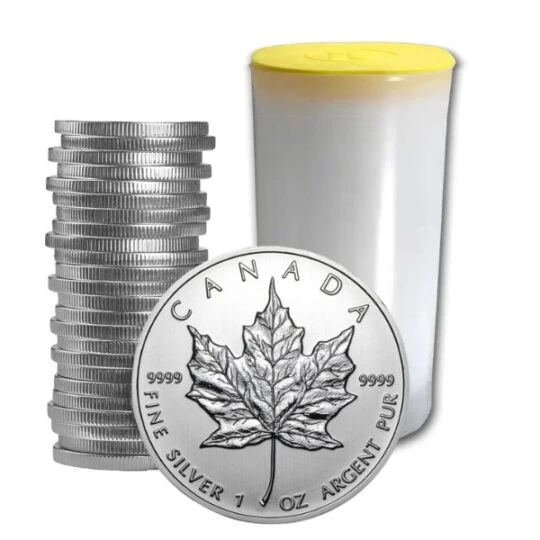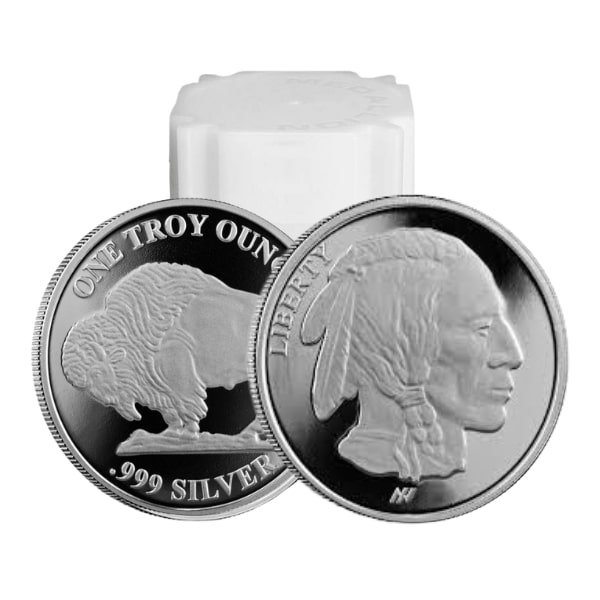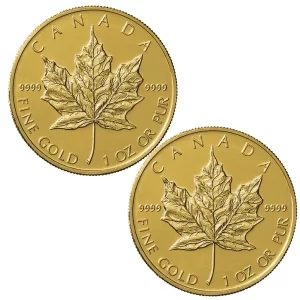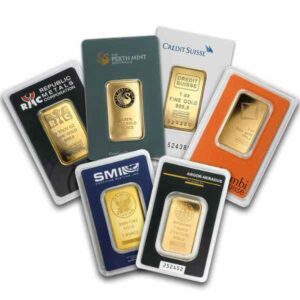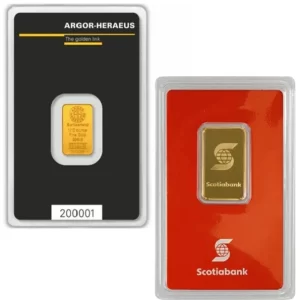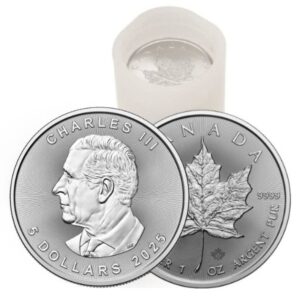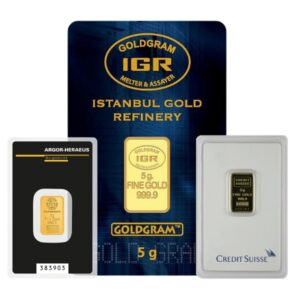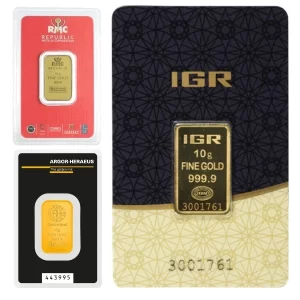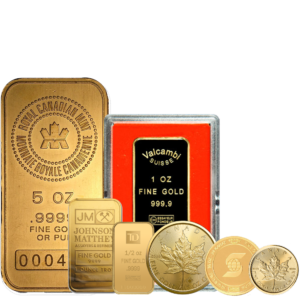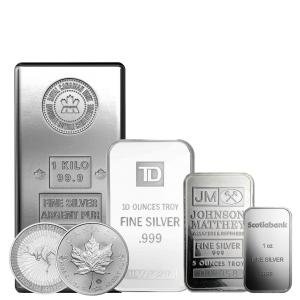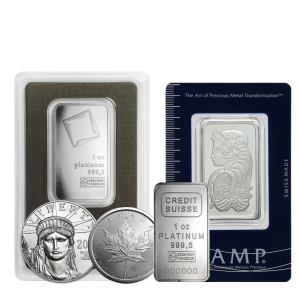Gold has historically increased in price during some of the worst market crashes, acting as a sort of safe haven. This is due to the precious metal’s negative correlation with the stock market. The World Gold Council claims that finding new gold discoveries and putting new mines into production both take a lot of time.
Gold ETFs:
Gold ETFs are securities that track physical gold, which may be in the form of paper or in a dematerialized form. They offer a flexible way for investors with limited resources to obtain exposure to the asset class and effectively increase the level of diversification in their portfolios. Ownership of the ETF qualifies as ownership in a collectible under IRS requirements because investors cannot assert any claims on any of the gold shares. This is due to the fact that neither the managers of gold ETFs nor those who invest in gold do so for its numismatic value.
Gold Futures:
Gold futures are contracts that are traded on exchanges in which a buyer promises to acquire a particular quantity of the commodity at a predetermined price at a future date. Compared to trading the actual physical commodities, futures contracts offer investors greater financial leverage, flexibility, and financial integrity.
Gold EFTs v/s Gold Futures: A summary
Commodity funds, or gold ETFs, trade like stocks and have grown to be a fairly common type of investment. Investors do not actually own the physical metal, despite the fact that their investments are composed of assets that are backed by gold. Instead, they have a tiny amount of gold-related assets, which gives their portfolio more diversity. In contrast to what is possible through physical investments and futures contracts, these products typically offer investors to exposure to gold through smaller investment commitments. Many investors may not understand, nevertheless, that the cost of trading gold-tracking ETFs may outweigh its ease. On the other hand, gold futures are contracts that are exchanged on exchanges.
Despite their differences, gold futures and exchange-traded funds (ETFs) both give investors the chance to diversify their holdings in the metals asset class.
 Hi,
Hi,

